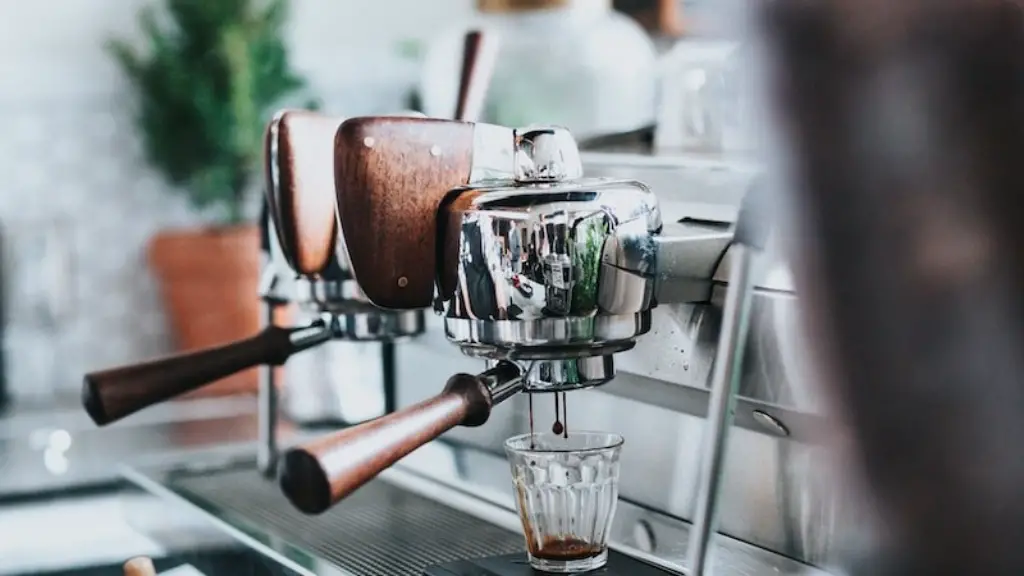Can I Drink Coffee When I Have a Fever?
It can be tempting to pour yourself a cup of coffee during illness or fever, as the warm liquid and caffeine can help you feel more alert and energized. Though it may seem harmless, drinking coffee when you have a fever may not be the best choice.
Coffee and fever: risks and risks
Coffee is a diuretic which means it increases the production and flow of urine, resulting in dehydration. When you have a fever, your body is already at risk of becoming dehydrated because your body temperature is higher than what is normal and your body needs extra fluids as a result. Drinking coffee, as a diuretic, could aggravate dehydration and make it worse.
Fevers can cause a decrease in your appetite and drinking hot coffee may further suppress your appetite. Though coffee can help you feel more energized, it isn’t an essential part of your diet and could actually be counterproductive if it results in loss of appetite and inability to consume balanced meals.
Caffeinated drinks contain stimulants like caffeine which can increase heart rate, blood pressure and can be too stimulating for the body when you’re already feeling unwell. These stimulants can cause your body to become even more heated and make the fever worse.
When is it safe to drink coffee?
Though coffee is often off the table when you have a fever, it is sometimes recommended by medical professionals based on the fever level. A low-grade fever has less potential for side effects, and in some cases, a cup of coffee may help you to focus and provide relief for your symptoms.
For best results, if you wish to drink coffee during a fever, it should be diluted with milk to reduce the amount of caffeine and drink it in moderation – one or two cups per day at most. This can help to provide relief while avoiding the risks associated with caffeine consumption.
It is also important to note that coffee may interact with medications and supplements, so be sure to check with your doctor before drinking coffee if you’re taking any kind of medication or supplement.
Can coffee help reduce fever?
Though it is recommended to abstain from coffee during a fever, some people swear by their cup of coffee as a remedy for a fever. The science behind this remedy is a little murky but it is believed that the stimulation from caffeine may cause your blood vessels to dilate which can help Cool your body down.
Though drinking coffee when you have a fever has not been definitively shown to help reduce fever, many people will have a cup as an experiment to see if it works for them. They generally advise opting for decaf and not having more than one cup. As with any other home remedy, it is important to stay well hydrated with water throughout the day and consult your doctor if the fever persists or gets worse.
Root cause of fever
It is important to recognize the root cause of a fever before treating it. A fever can be the body’s way of fighting off infections or an underlying health condition. If you have a fever, it’s important to consult a doctor and make sure that the root cause of the fever is treated properly and effectively.
If you generally drink coffee and you’re feeling feverish, it may be a good idea to take a break. Reacting to a fever with coffee or other stimulants may lead you to masking the fever which could ultimately take longer to heal. Consult your doctor if you have a fever lasting more than 48 hours, are in pain, or have other symptoms that are concerning.
What Are the Other Risks of Drinking Coffee When You’re Sick?
Though there are some risks associated with drinking coffee when recovering from a fever, drinking coffee when you’re otherwise unwell can bring a host of other problems too. Research suggests that drinking coffee when you’re sick, particularly if you are fighting an infection, can increase levels of anxiety, depression, and insomnia.
Coffee can also cause heartburn and make it difficult to sleep. If you’re unwell, drinking coffee can aggravate the symptoms which may slow down your recovery. The best approach is to reduce your coffee consumption while you feel unwell and take extra rest.
Can Coffee Boost Immune System?
The stimulants in coffee may provide short-term relief, however, drinking too much coffee when you’re unwell can be counterproductive when it comes to your immune system.
Coffee can temporarily increase alertness and concentration, however, over-consumption of caffeine can reduce your intake of some essential vitamins and minerals that are essential for a healthy immune system.
It’s possible that the antioxidants in coffee can boost your immunity; however, the stimulants in coffee can increase the risk of stress, which further weakens your immune system.
The best approach is to have small amounts of coffee every day and to make sure you’re consuming nutritious food and getting enough sleep.
When to Avoid Coffee Entirely?
If you’re feeling unwell, it’s generally not recommended to drink coffee. Caffeine can be particularly harmful to infants, children, pregnant women, and people with high blood pressure or heart conditions.
It’s also important to note that caffeine can be addictive, if you start relying on coffee to make it through the day or you develop a tolerance, it may be a sign that you should quit or reduce your coffee consumption.
Conclusion
Though it may seem harmless, it’s important to consider the risks when drinking coffee while unwell or having a fever. Coffee is a diuretic, a stimulant, and can cause heartburn, increased stress, and make it harder to get balanced nutrition.
The best approach is to stay away from coffee entirely when unwell and instead opt for lots of fluids and nutritious food like fruits and vegetables. Consult your doctor if the fever persists or gets worse.


